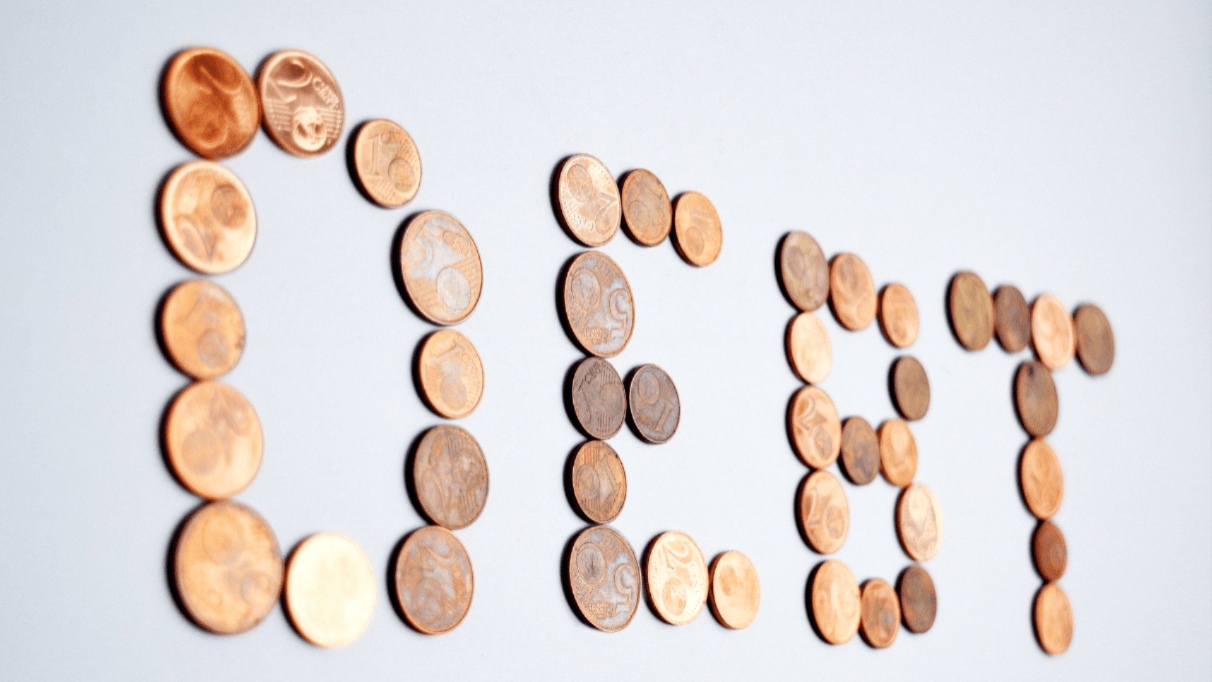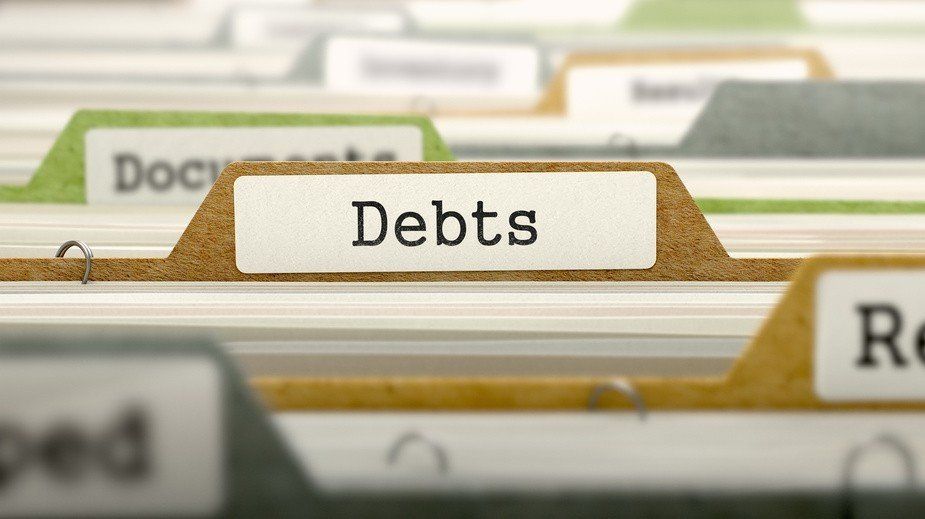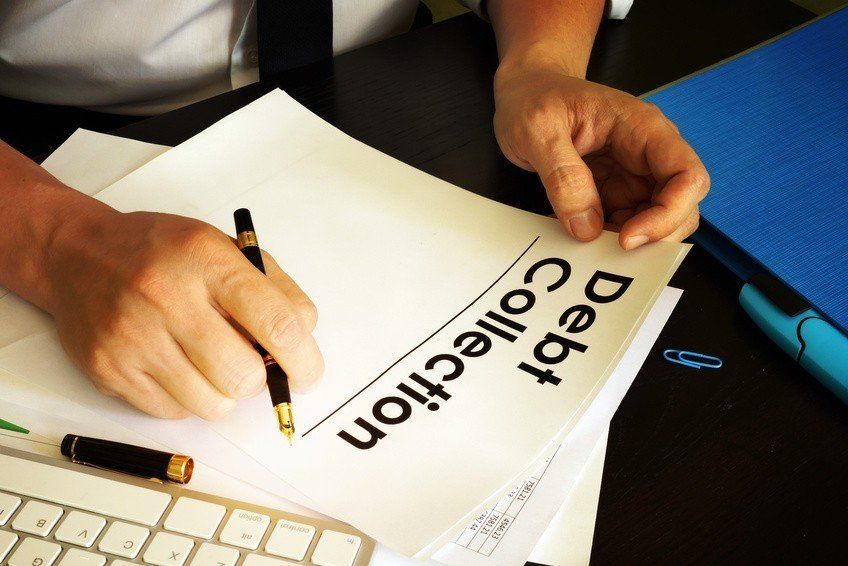What You Need to Know About Debt Collection Agencies
Recovering outstanding debt from your customers is a difficult but essential part of running a successful business. As a business owner, when it comes to debt collection, you have a variety of options to choose from. You could try using effective communication skills and just contact your customer directly and ask for payment since they could have forgotten or they’re going through a rough financial patch. This could go a long way towards retaining loyal customers.
However, that may not always be the case. You may be required to seek a business debt collection services agency to help you recover the money owed. In 2016 alone, a total of $78.6 million in debt was recovered by debt collection agencies. This reflects their effectiveness in debt collection as well as keeping you in business should you require their services. Here is a detailed guide to help you understand more about a debt collection agency.
How They Operate
A debt recovery agency is a company licensed to recover funds that are past due on behalf of creditors. Often, a creditor will seek their services after multiple failed attempts to recover their account receivables. It is sometimes referred to as a third party collection agency as it was not part of the original contract.
The business is required to forward the names, details, and the location of defaulters to the debt recovery agency. The agency offers business debt collection services at approximately 20-45% of the total outstanding funds they recover from a defaulter. The agency then collects the debt and turns over the funds less the commission agreed upon.
Key Roles and Responsibilities
A debt collection agency offers vast experience and knowledge about debt collection that you as a business owner may not have. They can help you correct bad debt by making account receivable collections to help you maintain a good and constant flow of income.
Aside from offering business debt collection services, a top agency such as an accounts receivable management collection agency can also monitor credit risks and can detect late payments on time as well. This could help you plan for your business when it comes to projecting the amount of capital required to sustain it.
The Debt Collection Process
Usually, the time after which a debt recovery agency is involved is from 90-180 days from the day of signing the contract between the creditor and the customer depending on the owner’s policy and personal preference. The debt collection agency then contacts the debtor using effective methods that avoid harassing or violating their rights as a consumer.
If they fail to reach the debtor with the information they have, they then proceed to use computer software and private investigators to search for the debtor’s assets, bank accounts and establish their ability to pay. They then take the case to court where a ruling is passed giving clear payment arrangements or property confiscations to enable recovery of the debt.
Debt Recovery Regulations
Any agency offering business debt collection services is bound by the Fair Debt Collection Practices Act that aims to protect both the creditor and the buyer. As such, a debt collection agency is not allowed to collect an old debt where the debtor has filed for bankruptcy or illegally seize property without a clear directive from a court.
The agency is allowed to collect a debt on which the statute of limitations has ended, which is usually between 4-6 years from the day of default. They are also allowed to contact the debtor at specific times of the day for at most 3 days a week.
Conclusion
For business owners, outsourcing the responsibility of debt collection to companies offering business debt collection services has proved to be an effective and reliable tactic in an attempt to maintain good cash flow in the business. A credible debt collection agency is dedicated to protecting the needs of a business owner in such an event.




